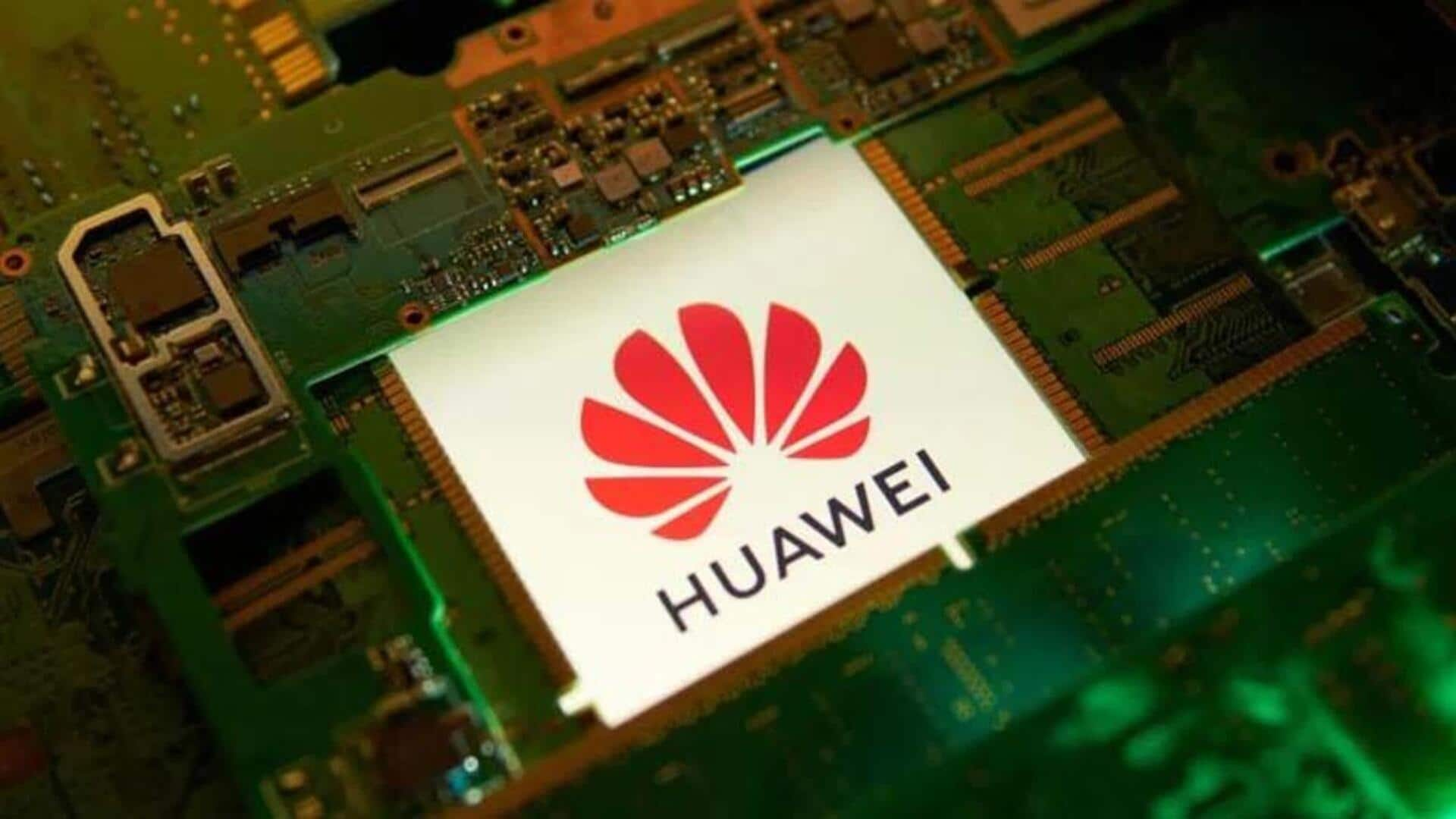
Huawei unveils 3-year AI chip strategy to rival NVIDIA
What's the story
Huawei has announced a three-year strategy to take on NVIDIA in the artificial intelligence (AI) chip market. The company's rotating chairman, Eric Xu, unveiled the ambitious plan at the annual Huawei Connect conference. This is a departure from Huawei's usual discreet approach toward its technology developments. The company has been releasing AI products without much fanfare since losing access to Taiwan Semiconductor Manufacturing Co., a key chipmaker for NVIDIA, due to US restrictions in 2020.
Tech unveiling
Xu reveals next-gen AI chips, upgraded 'SuperPod' designs
At the conference, Xu revealed Huawei's next-gen AI chips and upgraded "SuperPod" designs. The term is borrowed from NVIDIA's own terminology for a data center platform that integrates computing, storage, networking, software and infrastructure management technologies. This approach could allow Huawei to connect up to 15,488 of its Ascend-branded AI chips using a self-developed UnifiedBus interconnect protocol unveiled at the same event.
Performance boost
Huawei's tech could transmit data faster than NVIDIA's NVLink144
Huawei claims its new technology will allow data transmissions between individual chips as much as 62 times quicker than NVIDIA's upcoming NVLink144. This is a major improvement over the current-generation NVLink72 technology that connects 72 Blackwell graphic processing units and 36 Grace central processing units together. Bernstein analysts have noted that Huawei's public announcement of its AI roadmap indicates confidence in the resilience of its future local foundry supply.
Market shift
Chinese firms ramping up AI chip developments
Huawei's announcement comes amid a wave of AI chip developments by Chinese companies such as Alibaba and Baidu. This is a major shift as most of these firms have kept their advanced technology under wraps to avoid attracting Washington's attention. The US has long tried to contain China over fears that American technology could be used for its economic and military ambitions. In response, Beijing has urged tech firms to move up the value chain.
Production hurdles
Chinese chips still lag behind NVIDIA's superchips
Despite the impressive claims, Chinese chips still lag behind those from NVIDIA or AMD, which have access to the world's most advanced chipmaking processes from TSMC. Bernstein analysts noted that a single next-gen Ascend 950 offers only 6% of the performance of NVIDIA's upcoming VR200 superchip. Huawei also didn't elaborate on how it plans to manufacture these new chips, a potential choke point in its ambitious plan.